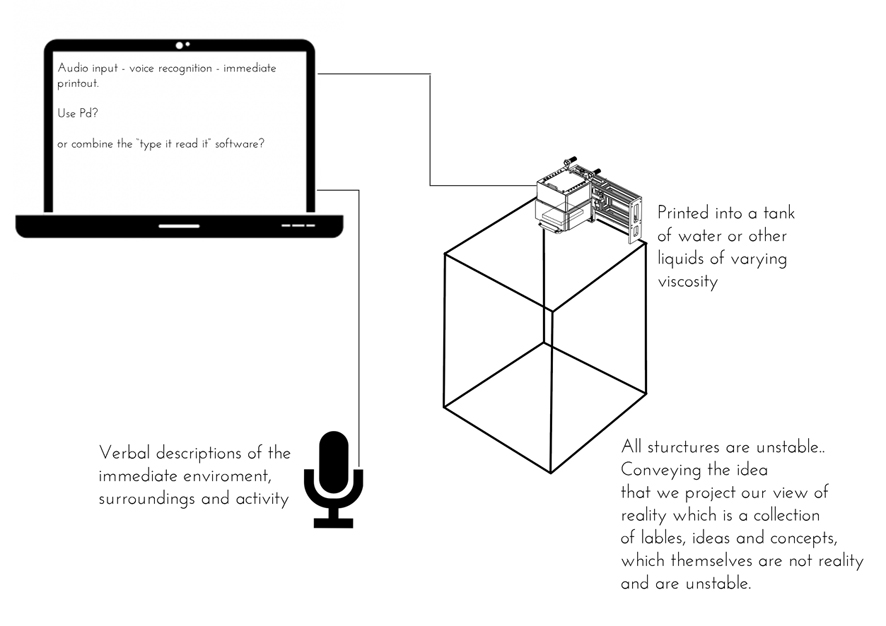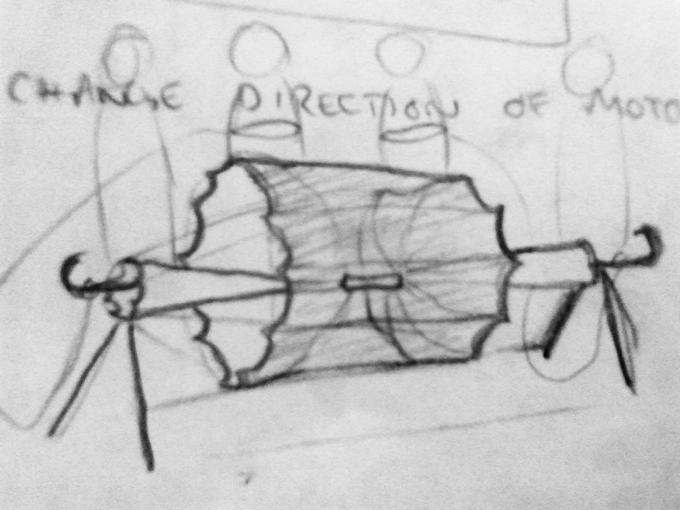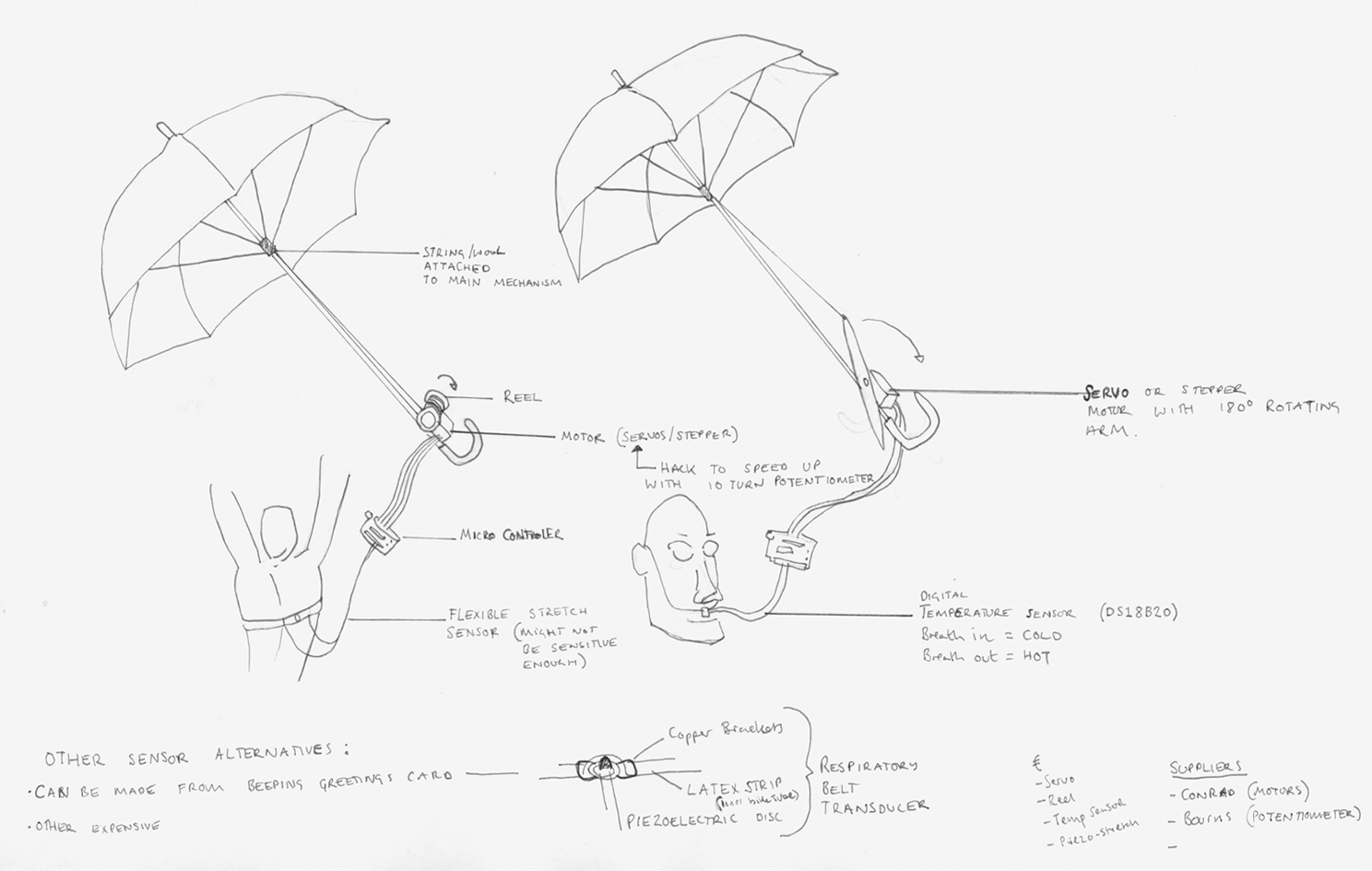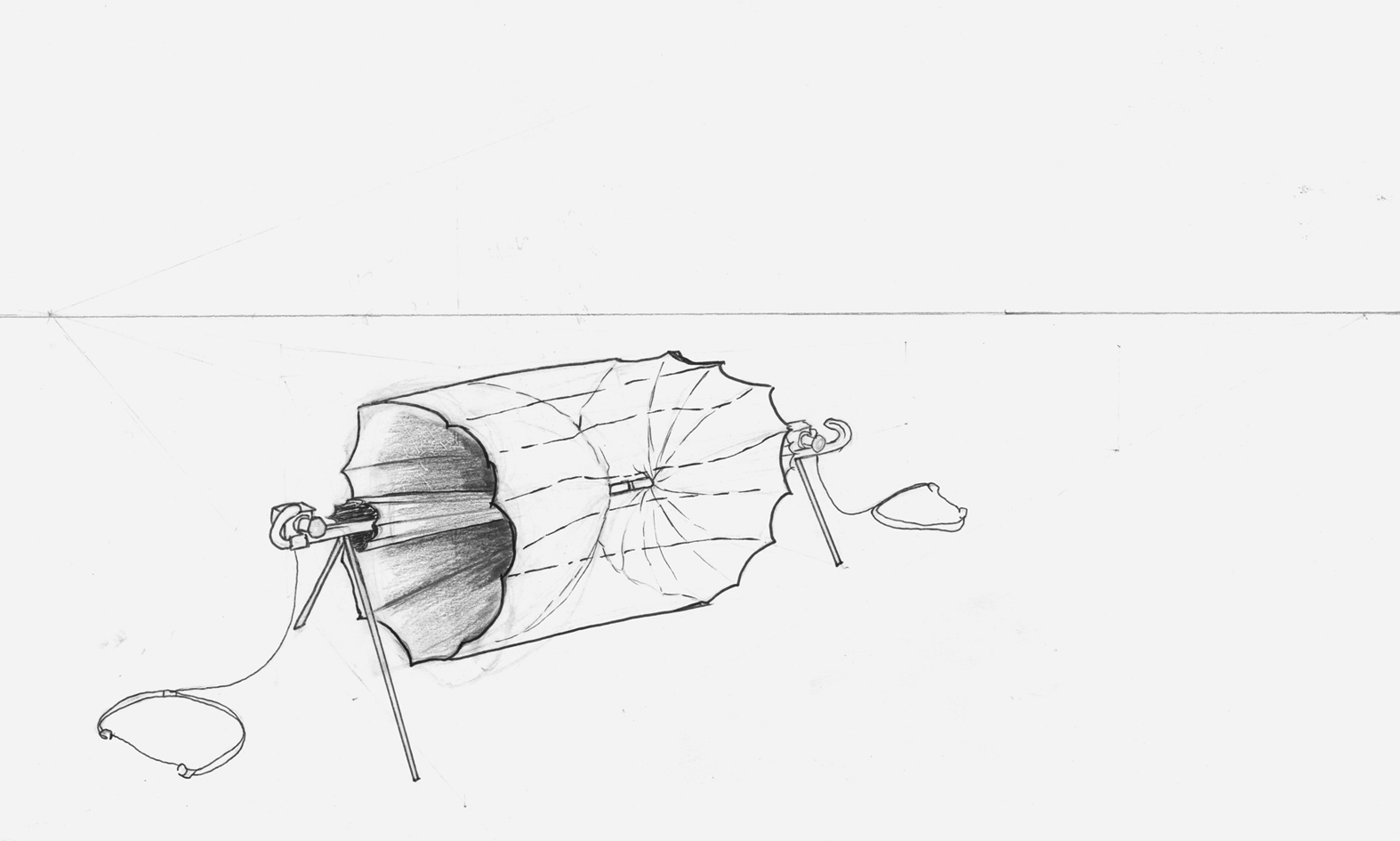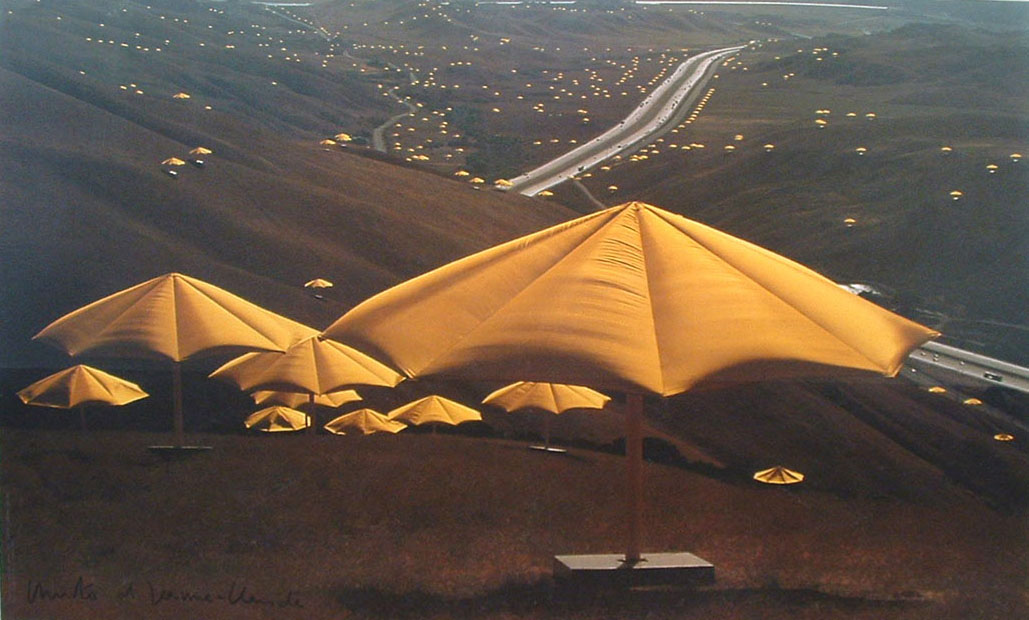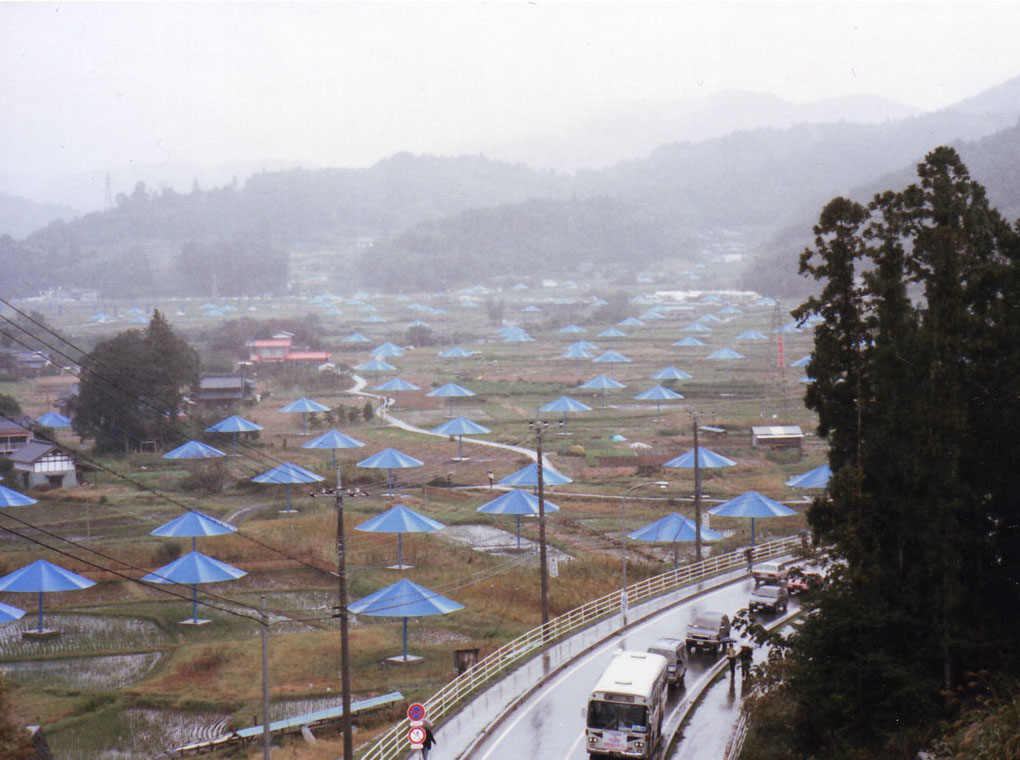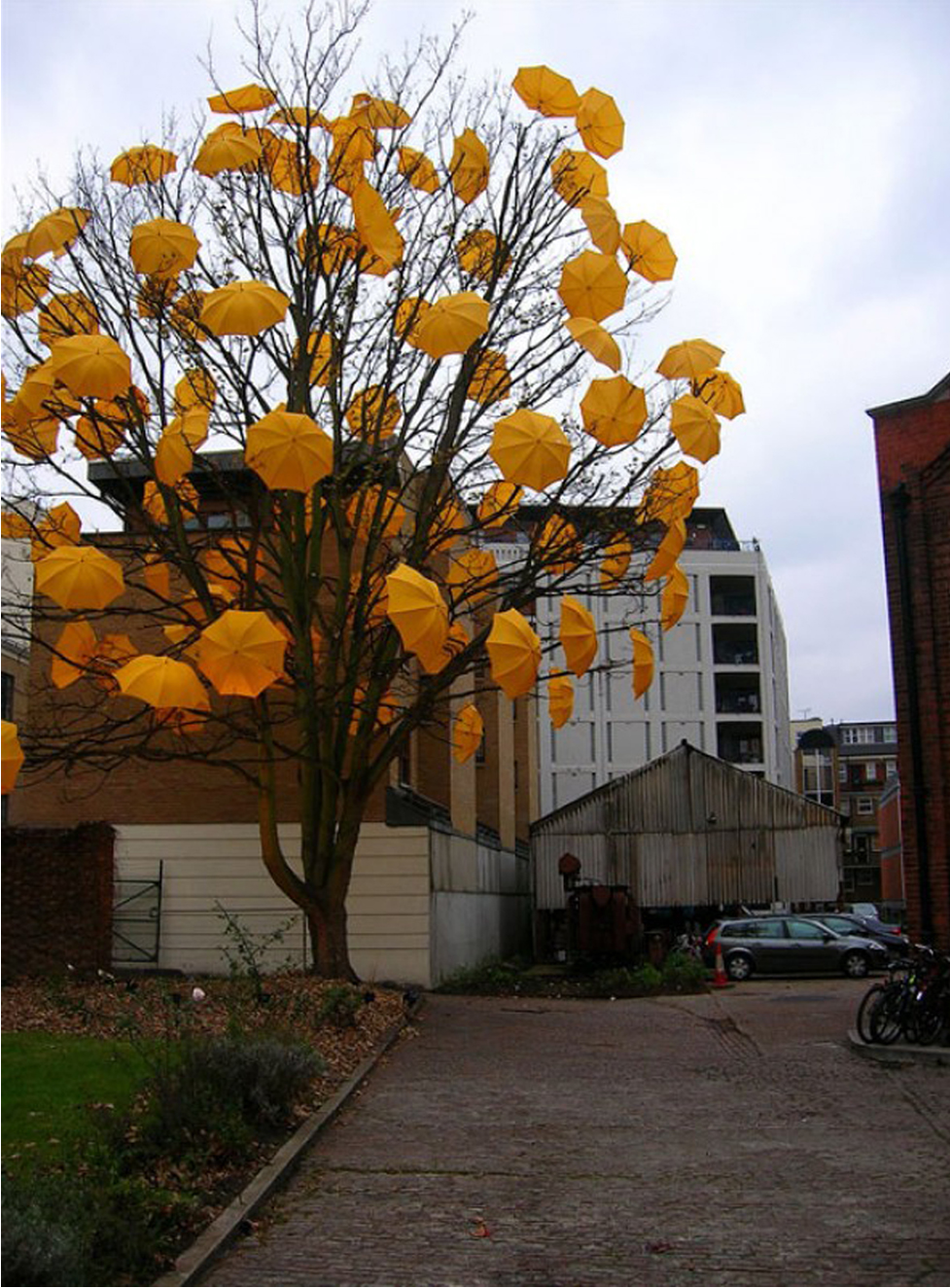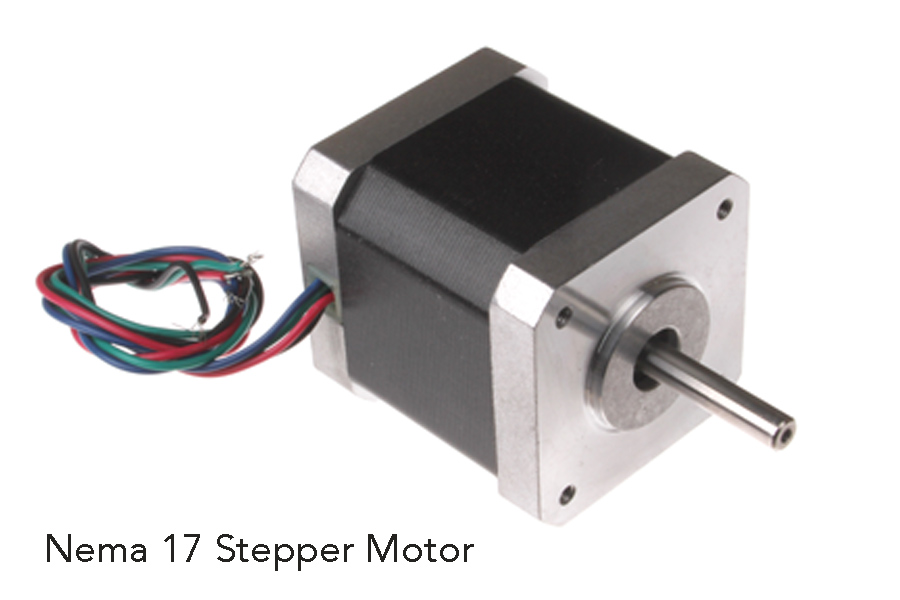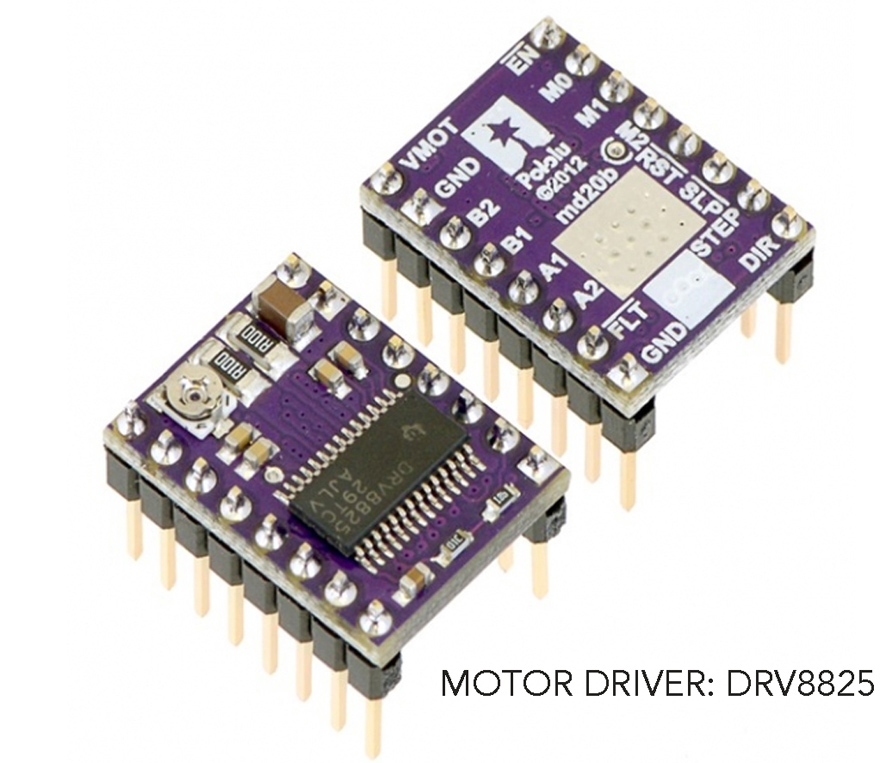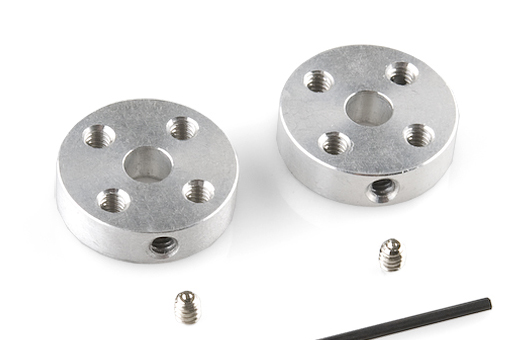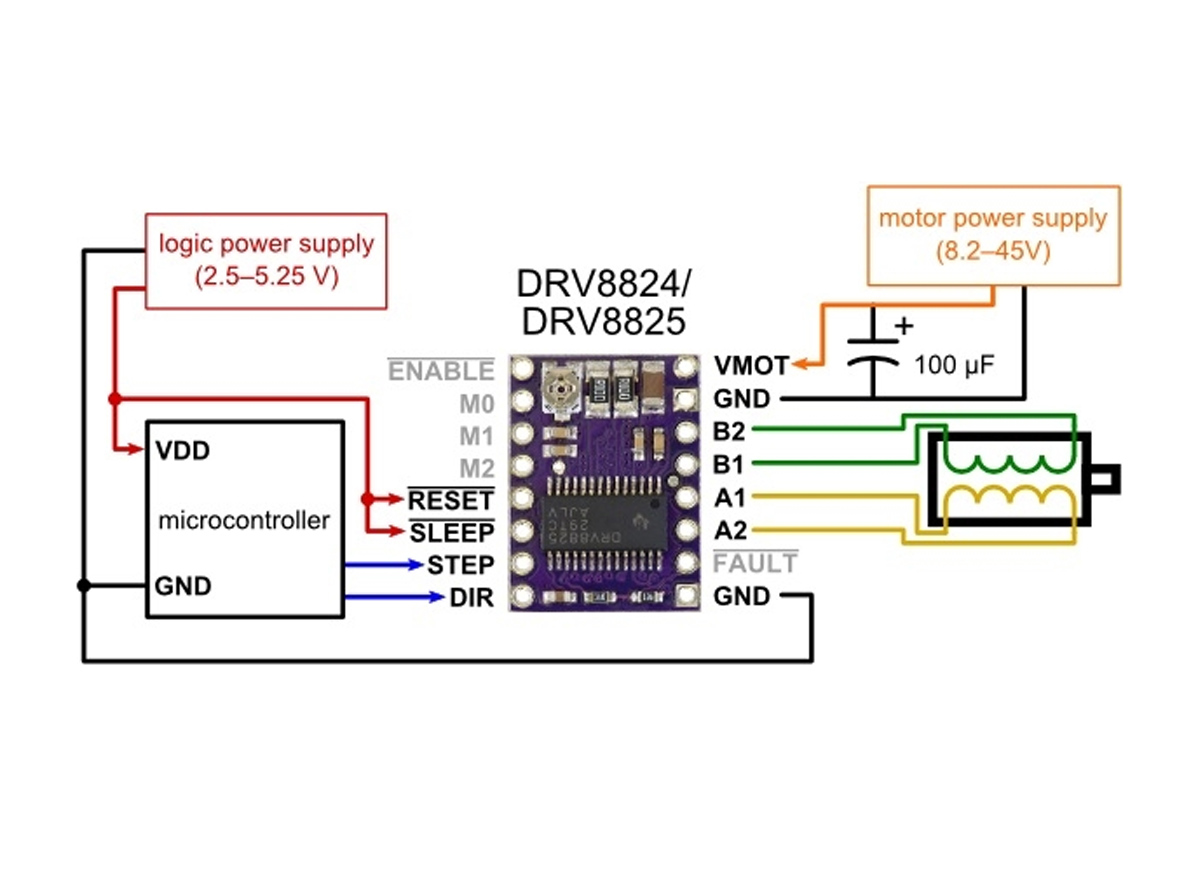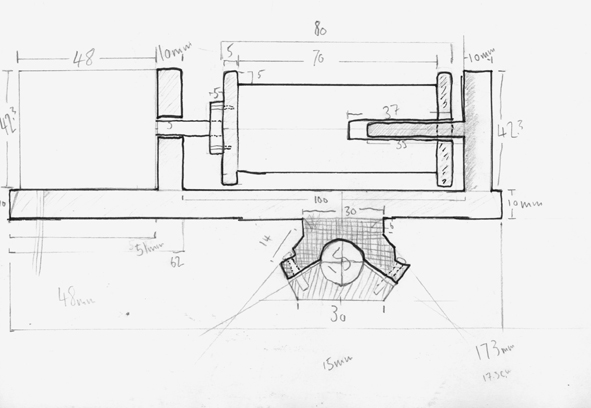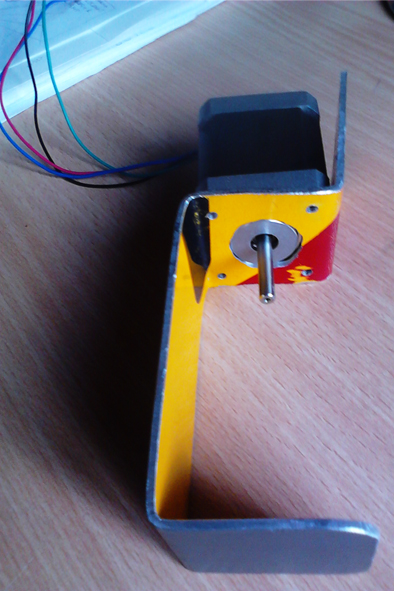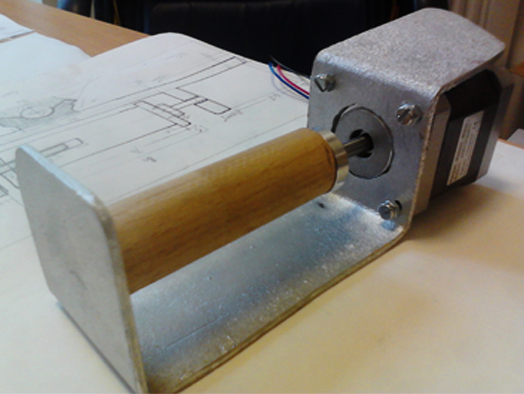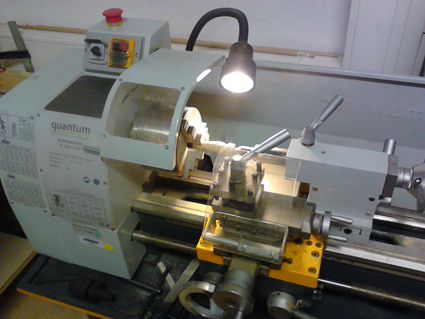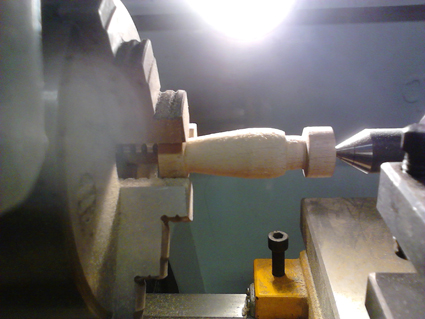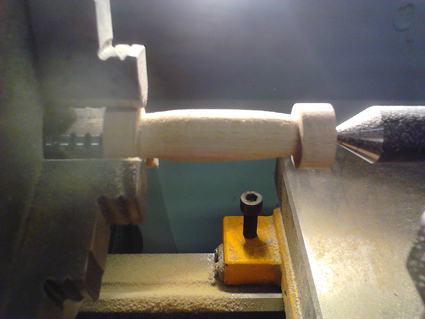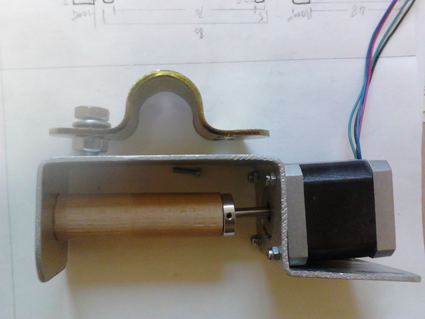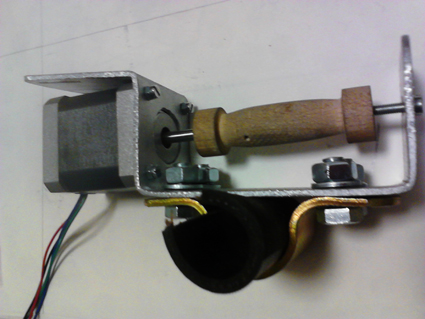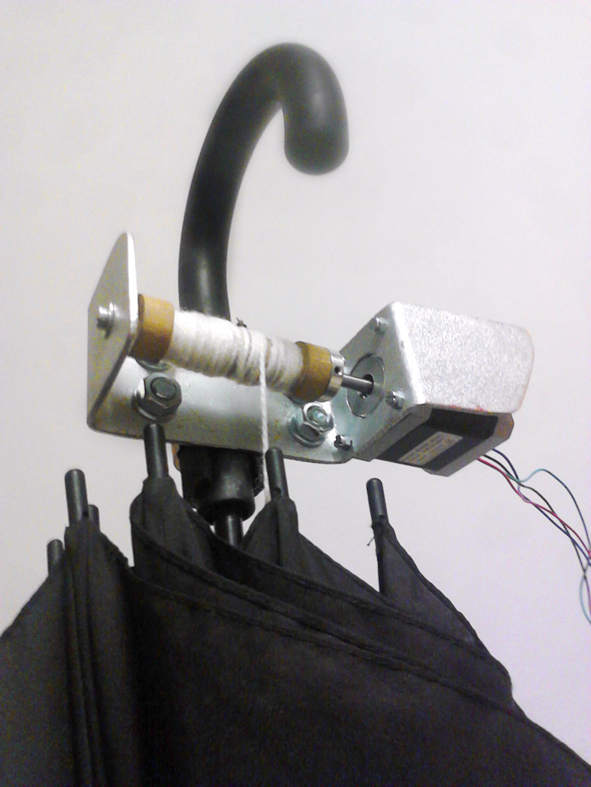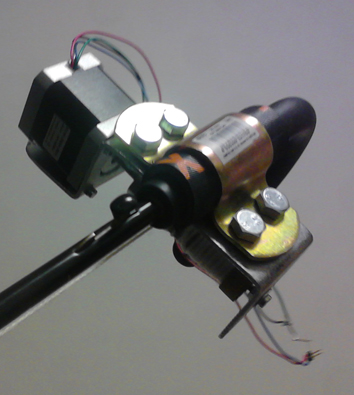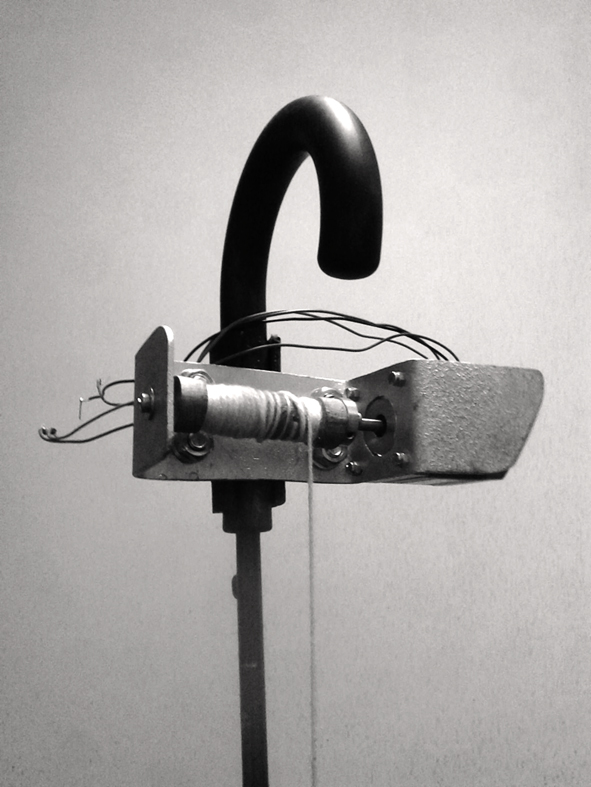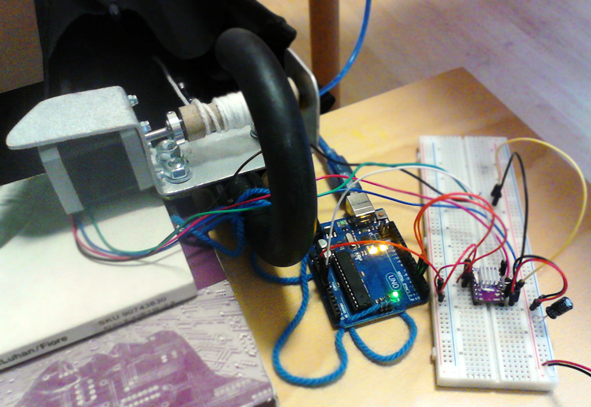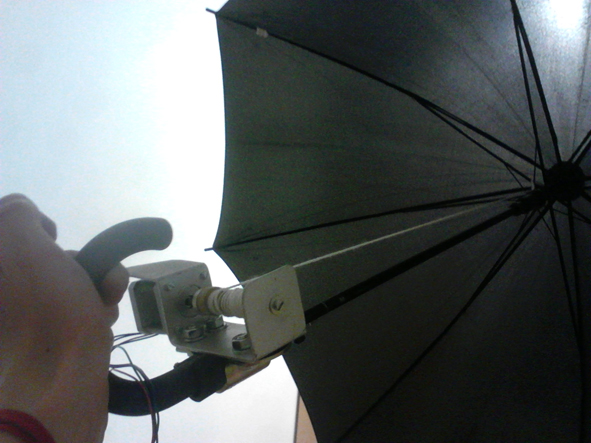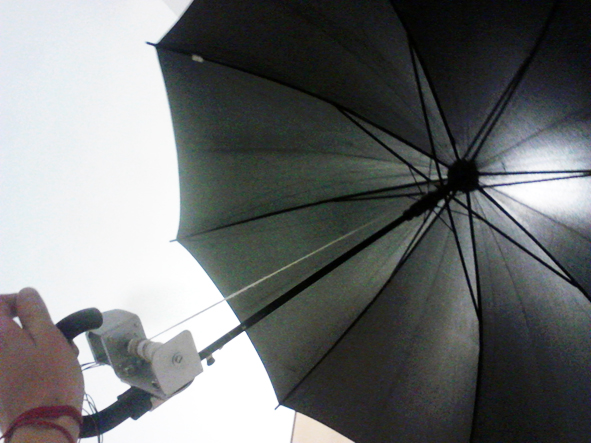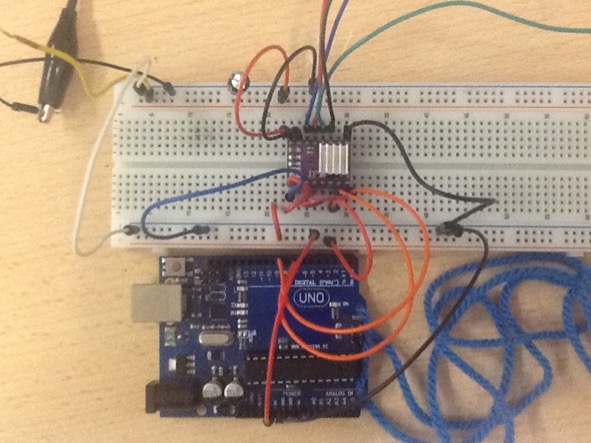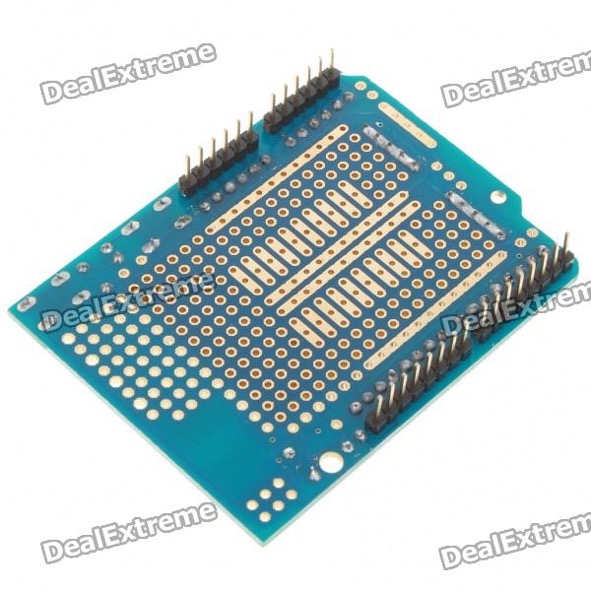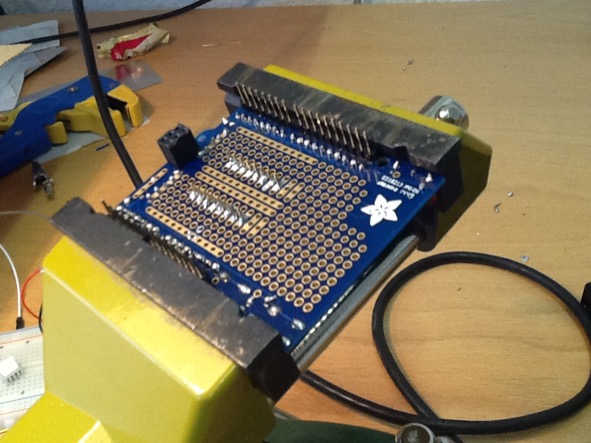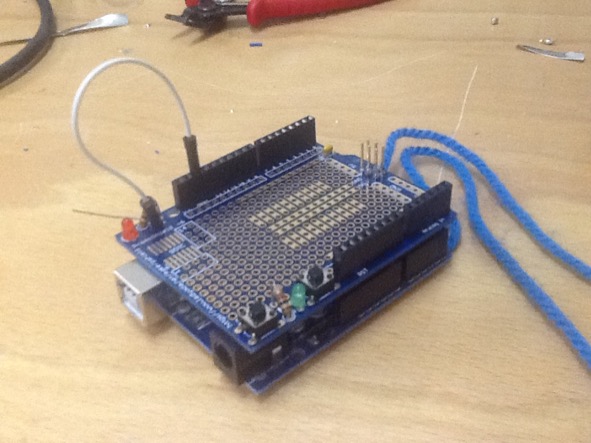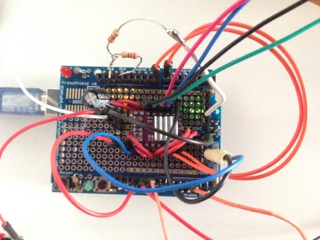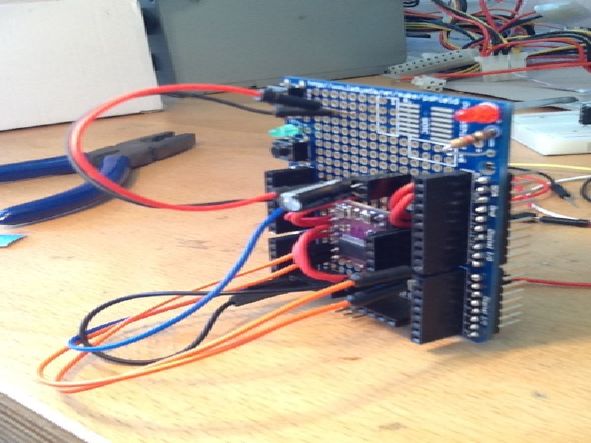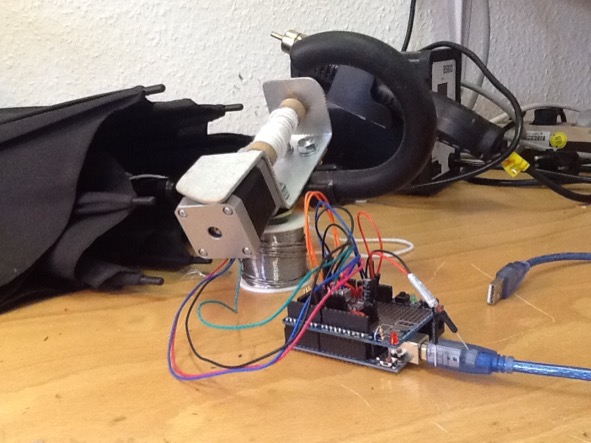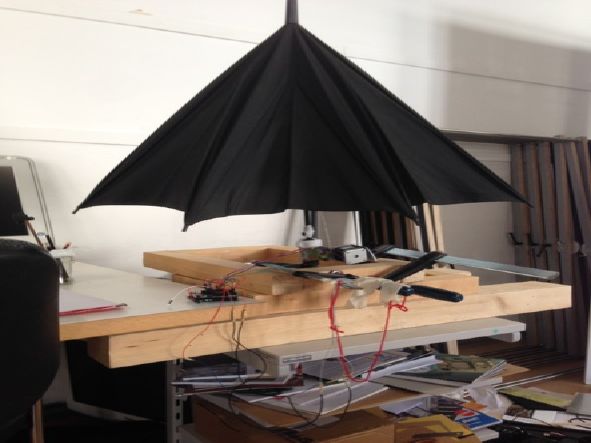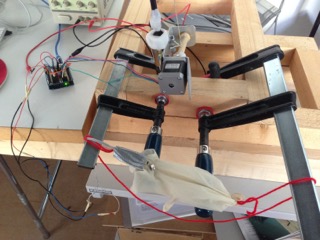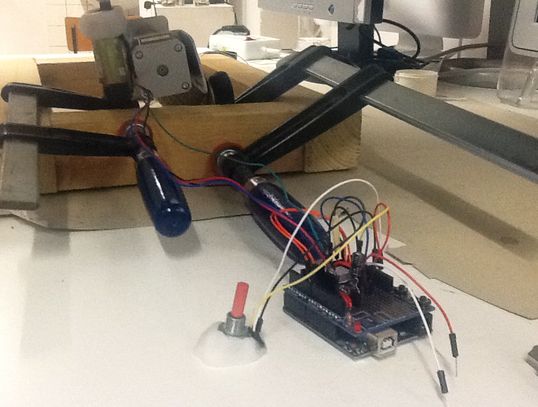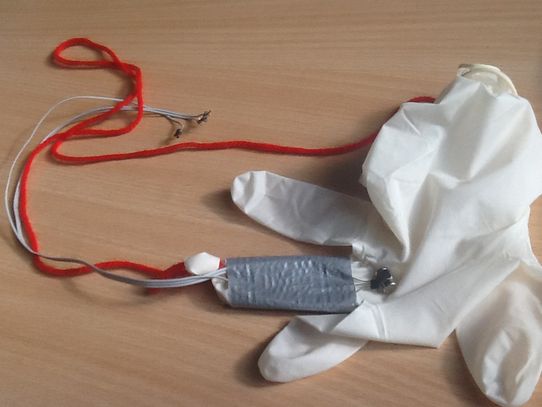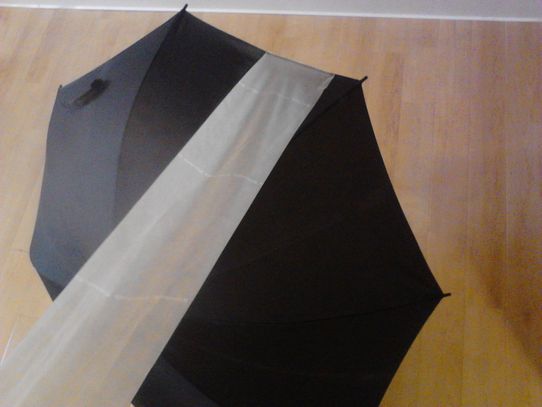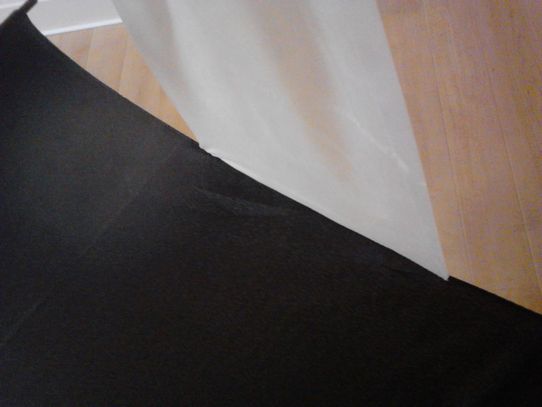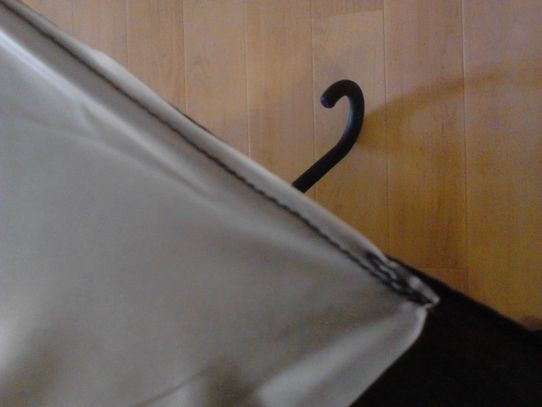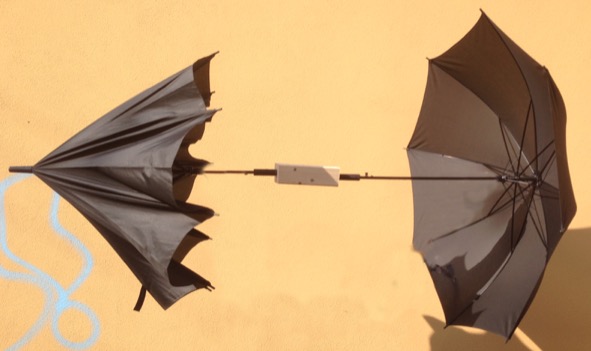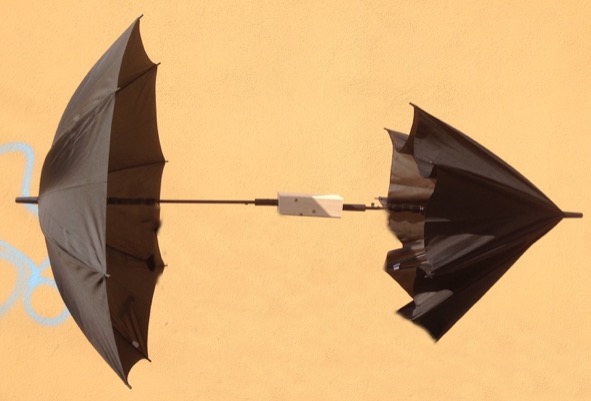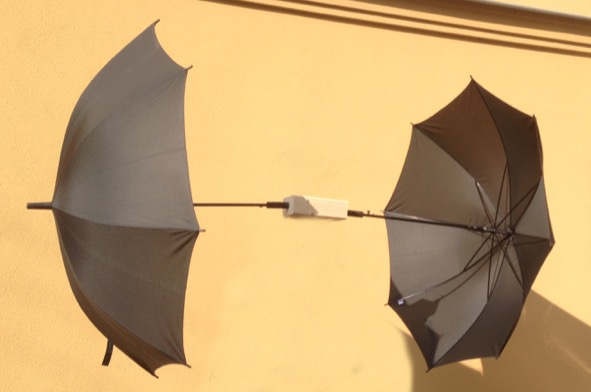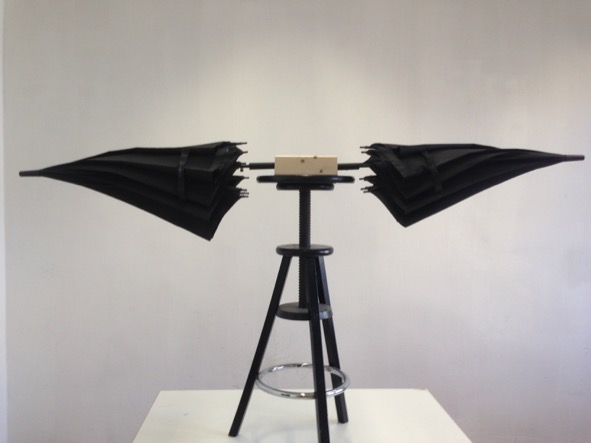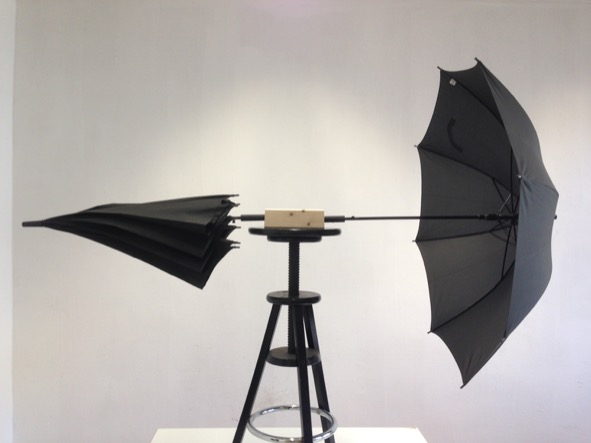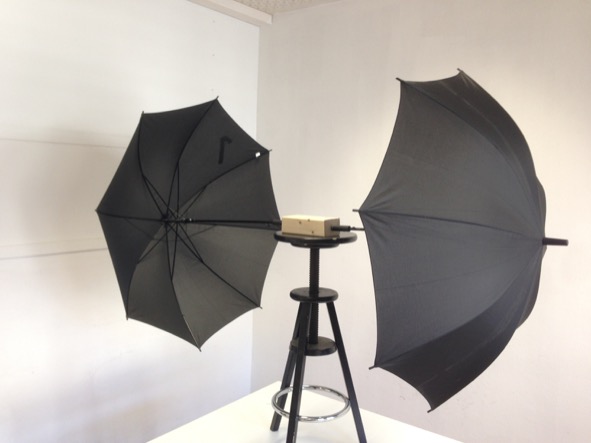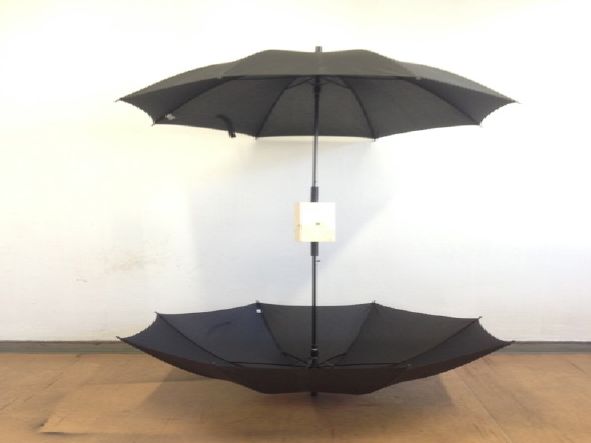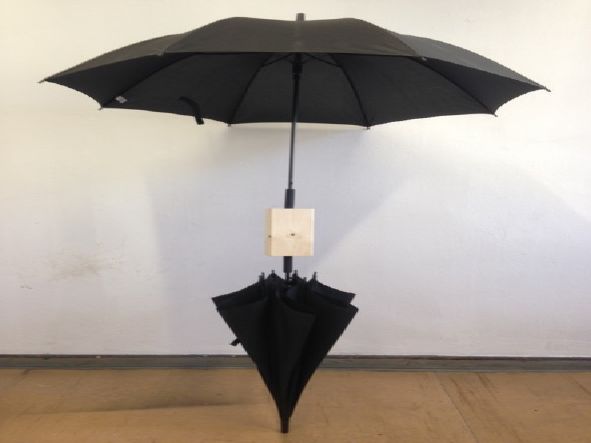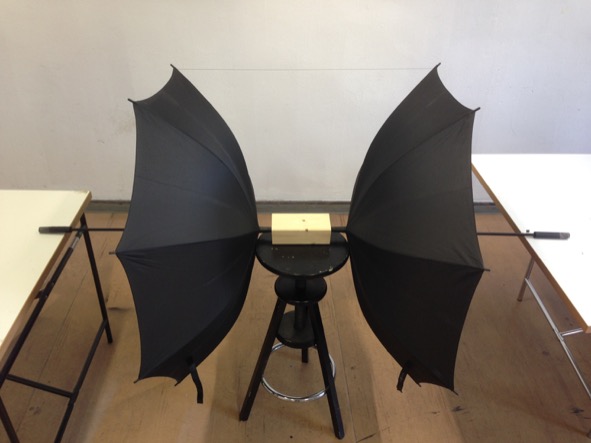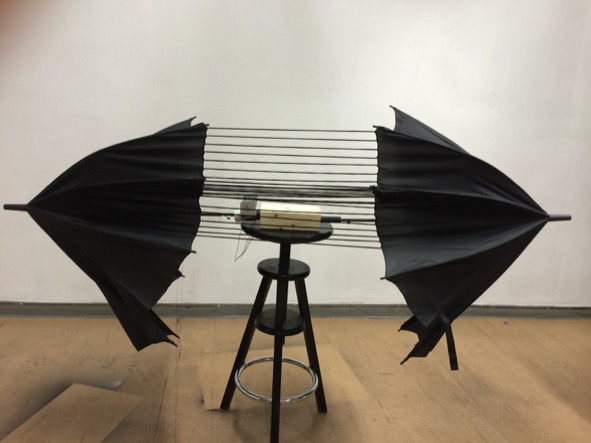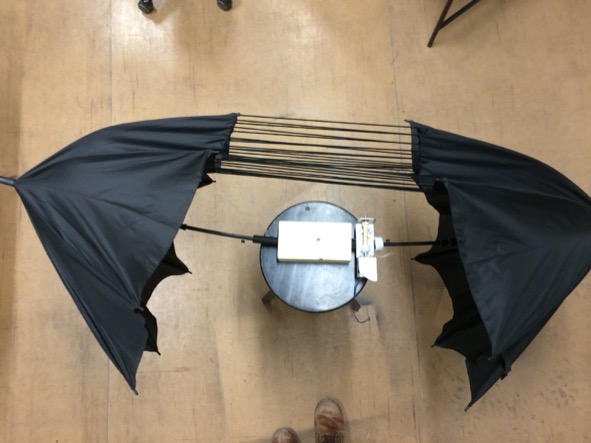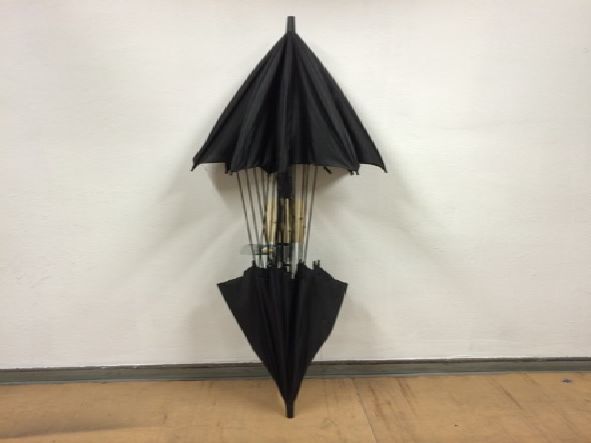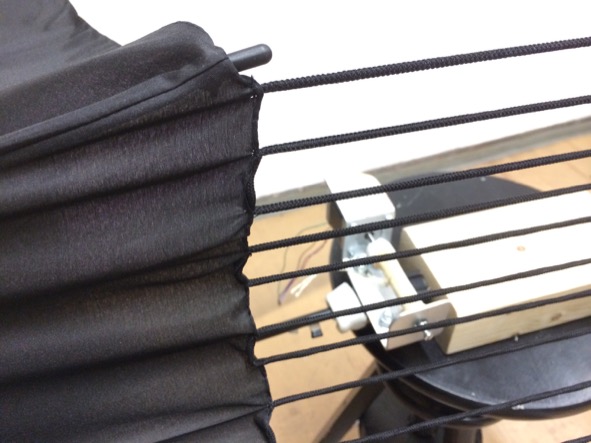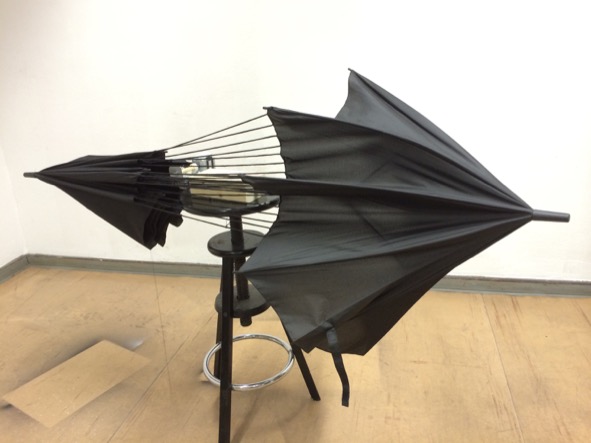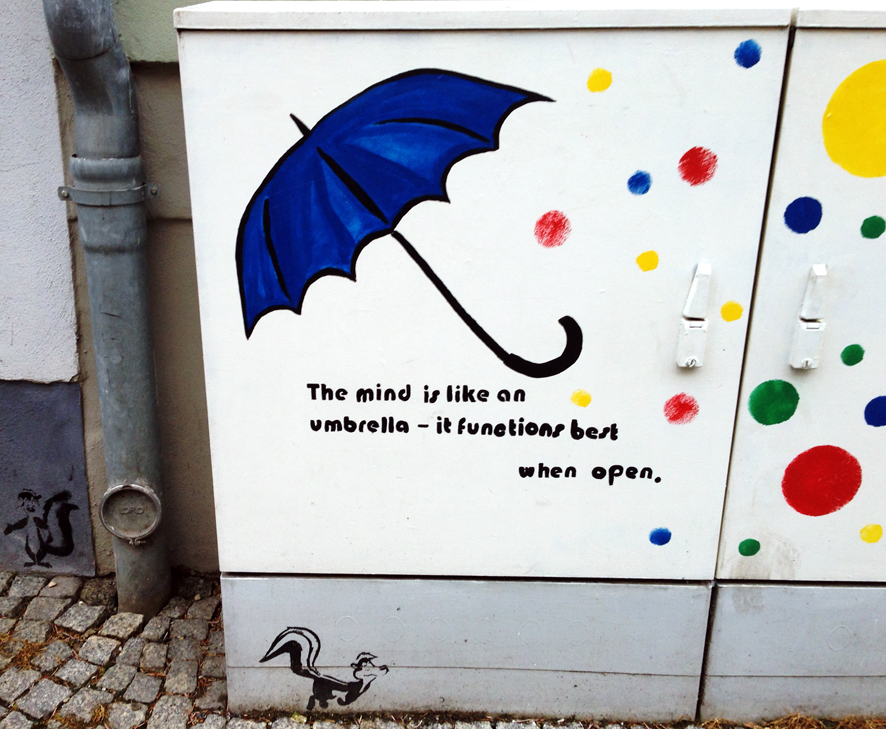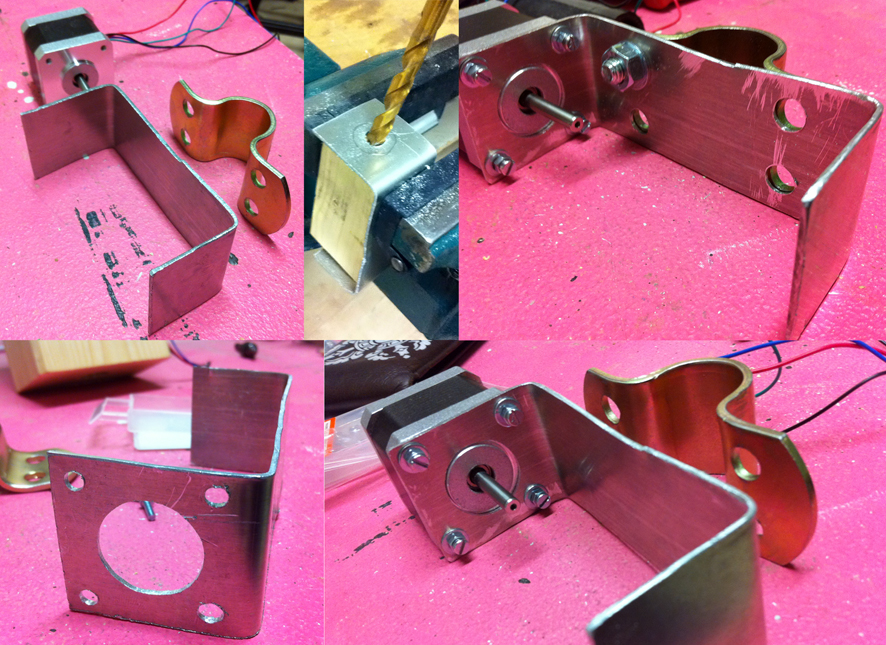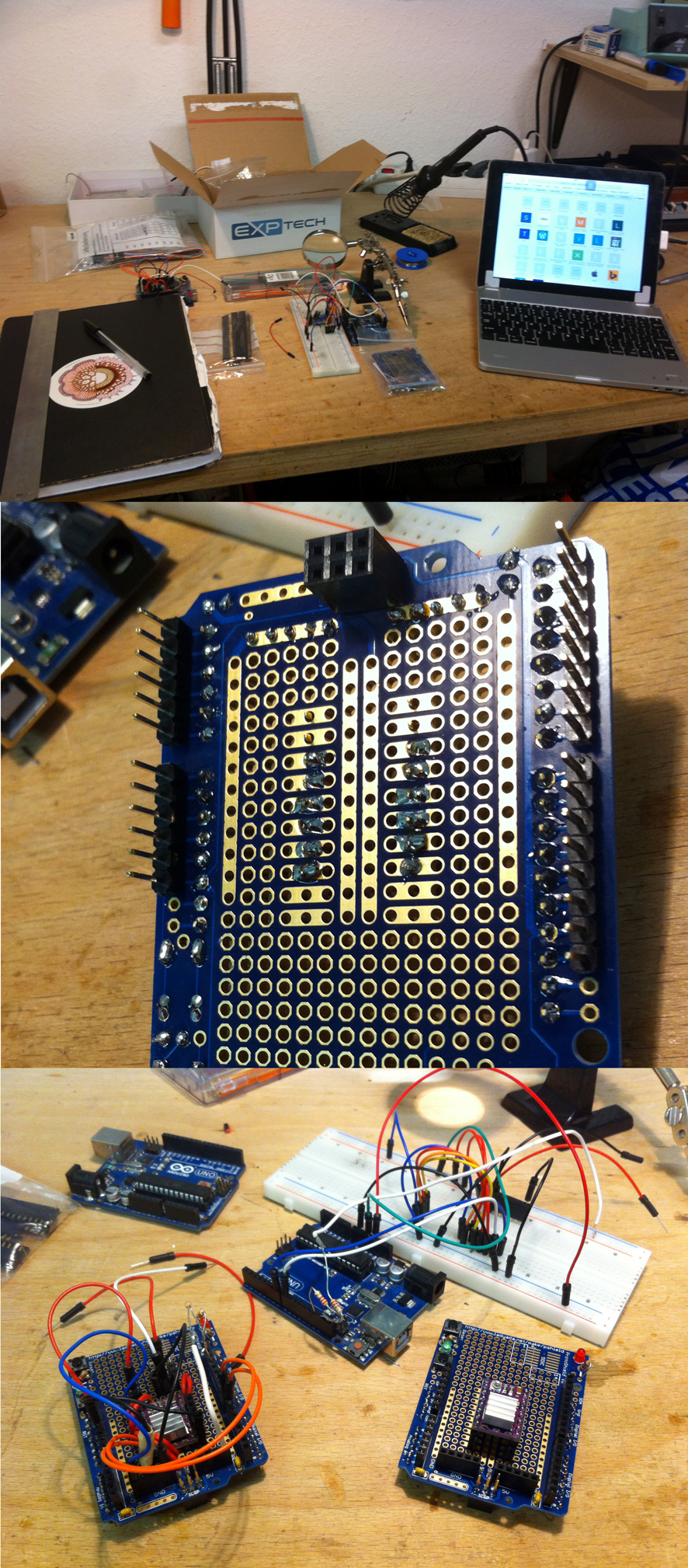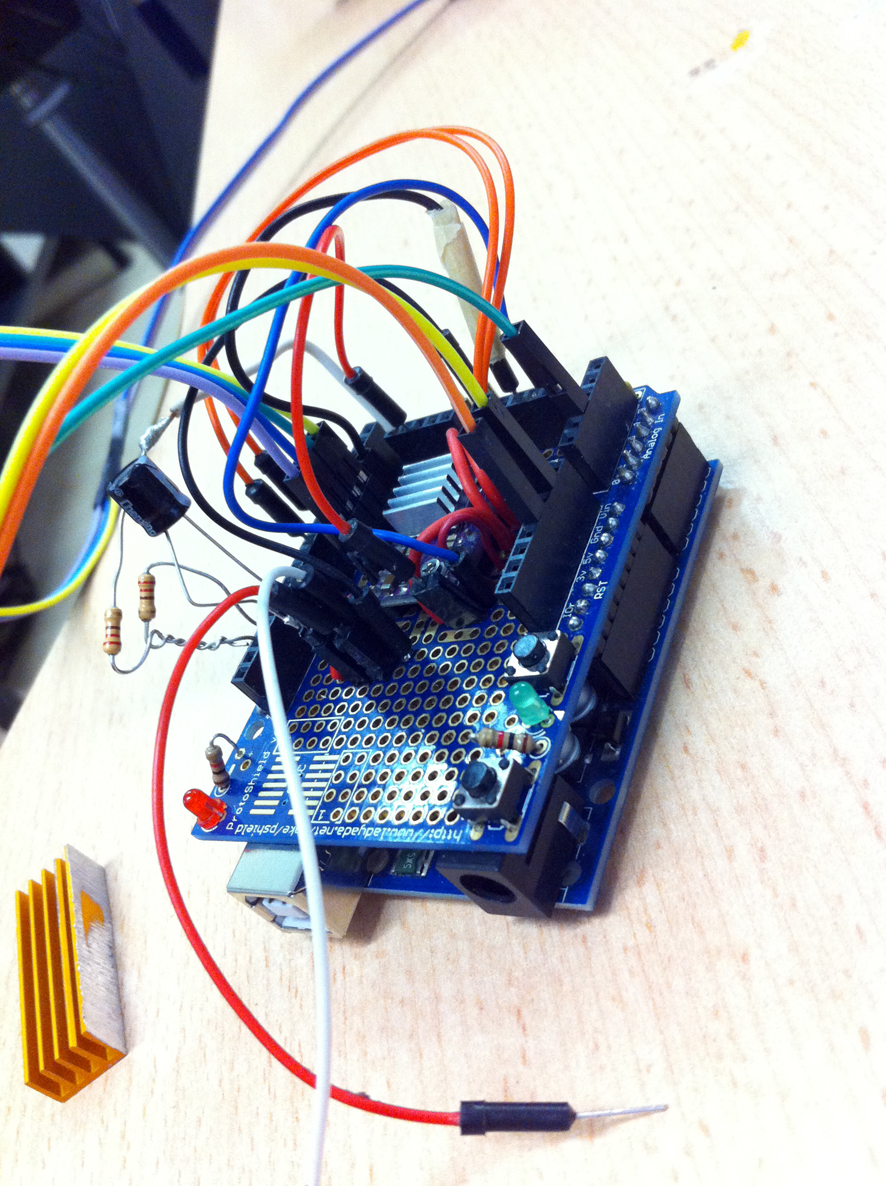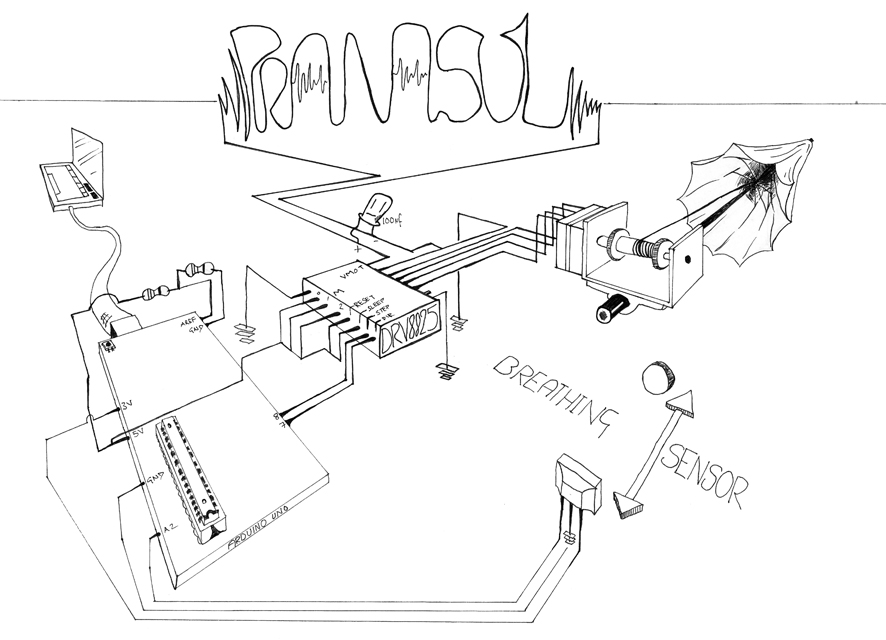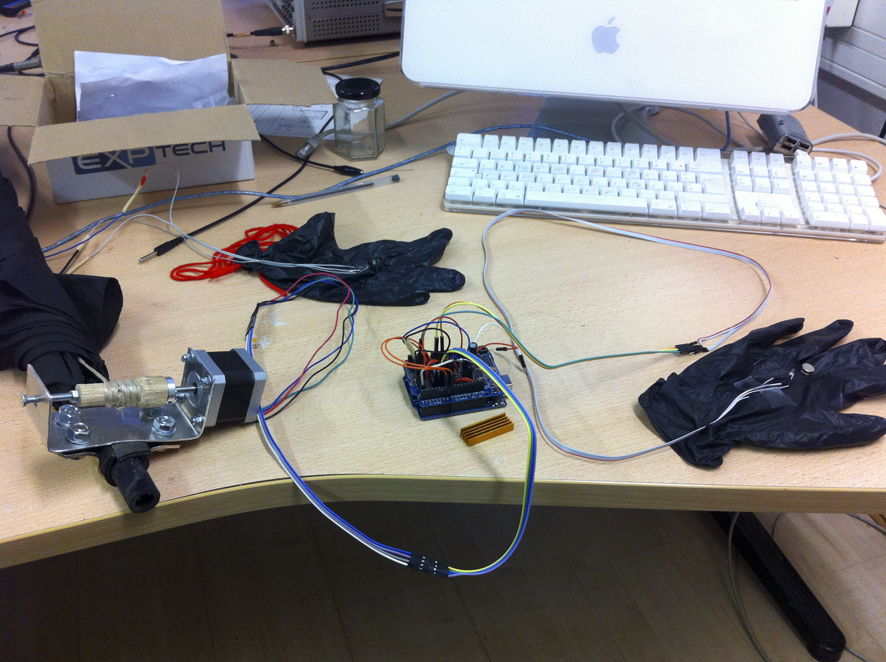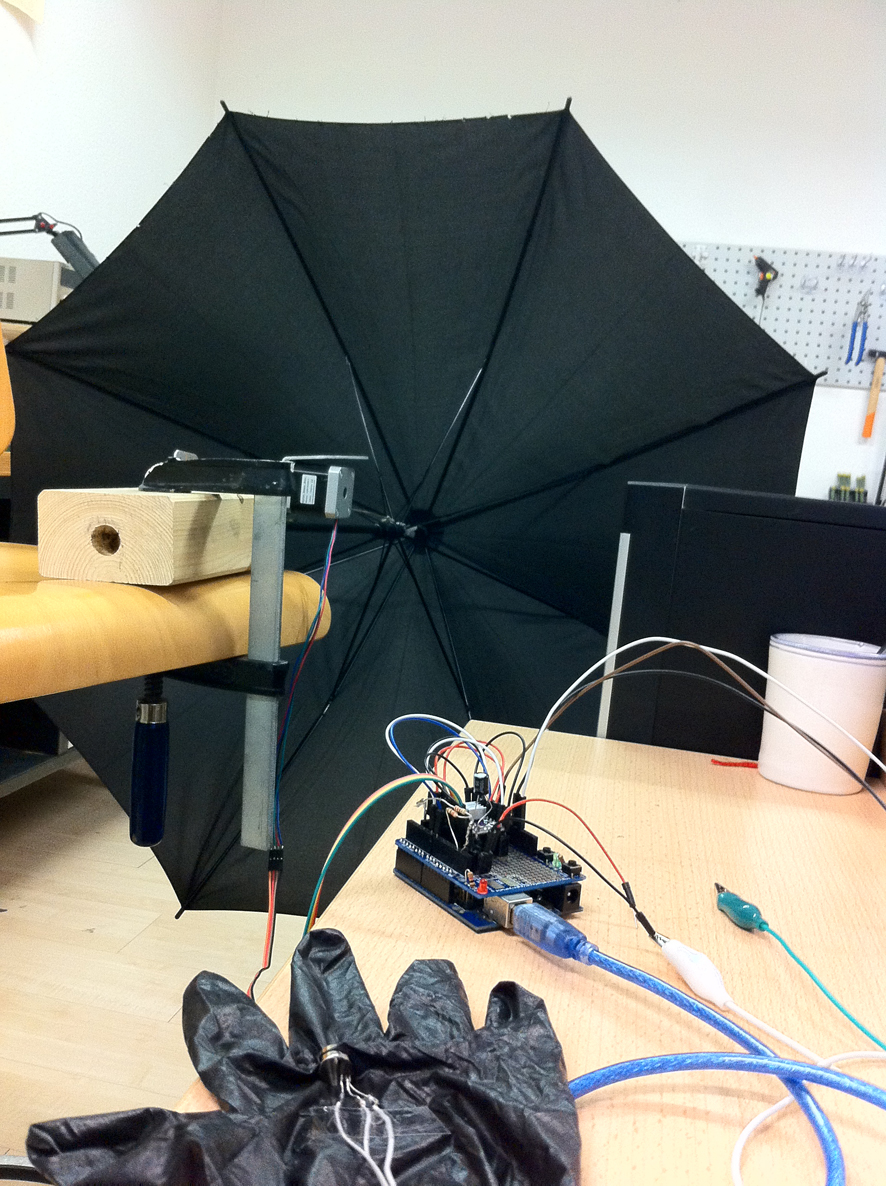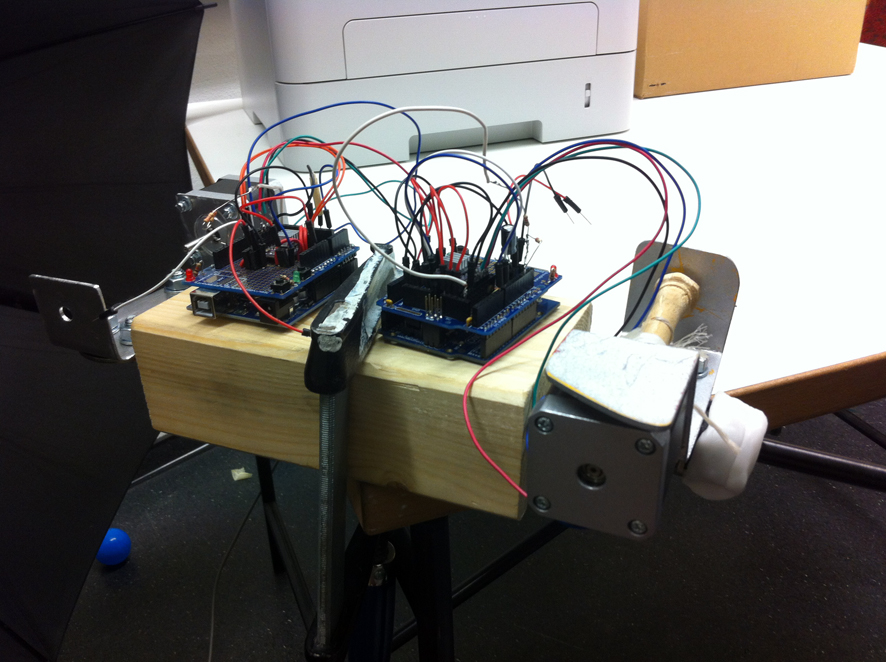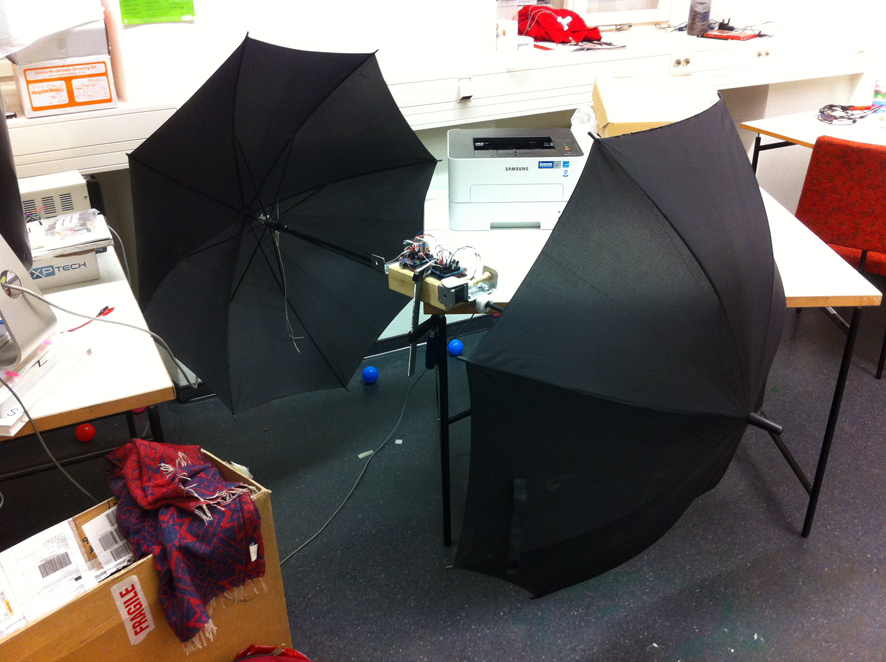Tools for Tales (Medium as Message)
--- P R A N A S O L S ---
Prana (breath life force): focused on to protect the mind from discursive thoughts: inner protection
Parasol (sun umbrella): physical outer protection from elements.
Designing a mechanism to control an Umbrella with breathing or respiratory movement of the chest. Enter the breathing Umbrella.
Do you breath the Umbrella or does it breath you?
The intended outcome is to create 2 Breathing Umbrellas and have them connected with fabric from their enlarged circumference, with the tops of each Umbrella facing each other as you see in the sketch's below.
As each participant controls one Umbrella each, their Umbrellas movement are connected via the Fabric to the other Umbrella, hopefully creating the feeling that there is only one mechanical 'creature' controlled by the life support of the two participants.
Will the participants feel in control of the umbrellas or will it feel like the umbrellas own limitations control the participants. Who breathes who?
"No smoke without fire. No breathe without life. With mechanical movement, externalising the the bodily rhythm of breathing, a conscious and subconscious action. A kinetic externalisation of the bodily rhythm of breath between two people."
"Collective bio-feedback. A single mechanical creature who's movements are conditioned by the life giving activity of two people. Breath parents."
Why the breath?
As Humans we make a strong association between breathing and life. If something breaths, or shows signs of respiration, it must be alive. (scientific definition of life, and it's 7 signs...) You could find the most common inanimate object, and make it breath, or show signs of breathing, and we may for a moment be convinced, or have the feeling that it is an alive, sentient being.
The breath is also the most common object of meditation because it has no form and it constantly coming and going. If you ever need an anchor to the present moment to pull you out of 'your head', out of your habitual and dualistic thought patterns, your internal chatter or dialogue, it is the breath.
The breath as an object of focus in meditation is used in Shinay (Tibetan) or Shinyata (Sanskrit), which is translated to mean, calm abiding, to calm the mind down and focus it in one direction. Only once you have calmed the mind down can you begin control it.
Associations between Umbrella and Breath?
The Umbrella simultaneously symbolisms protection (Function) and fragility (Materials, form) of the breath. Life must be protected as it is fragile. The mechanical motion of the umbrella is an exaggerated form of the human diaphragm's movement.
---Other Artists using Umbrellas----
Christo and Jeanne-Claude: "The Umbrellas" 1991
link JULIE TREMBLAY 2014
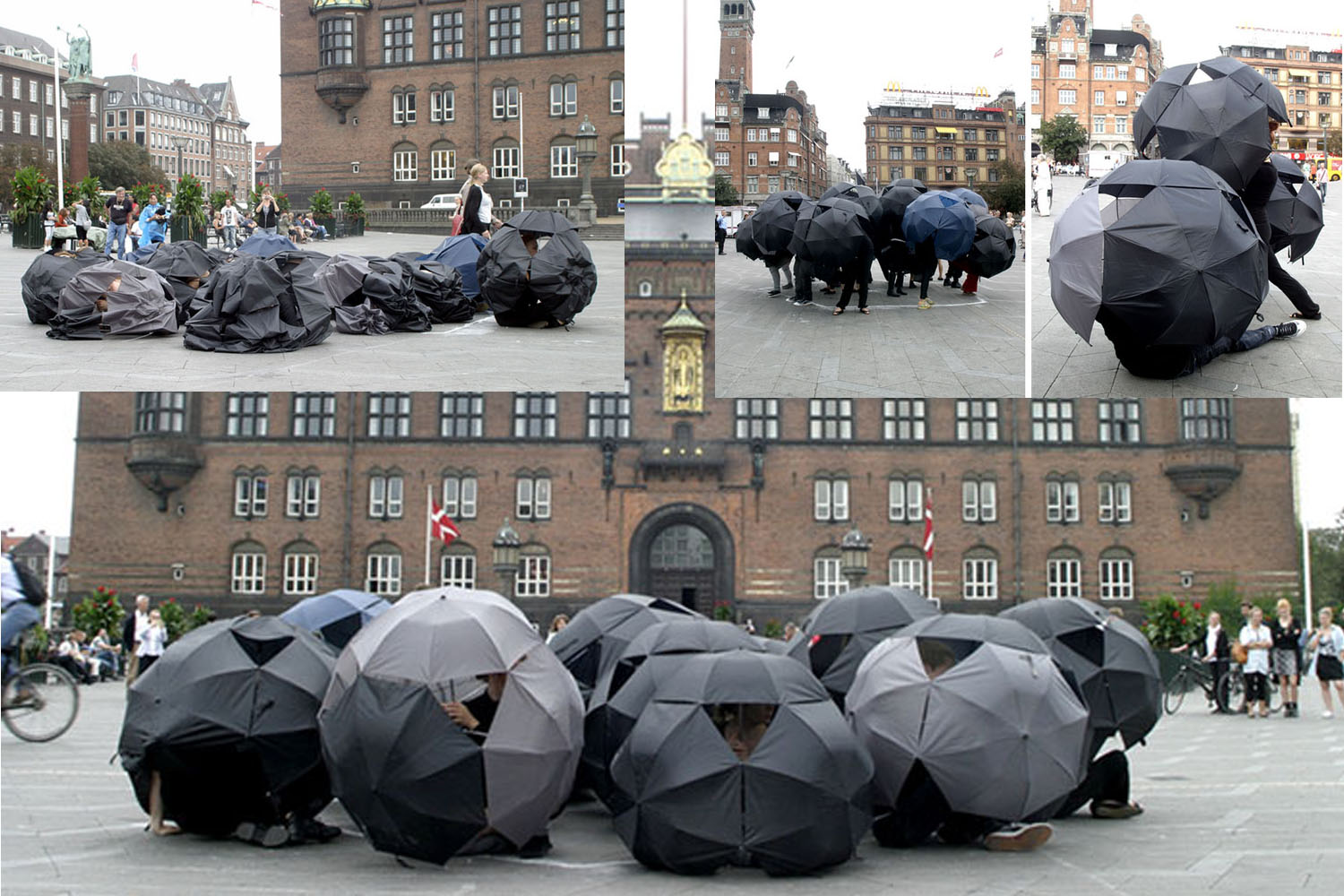
The “Parasol Project” by Jo Ann Fleischhauer is an installation. The artist chose to contrast how emotions are portrayed in modern times versus the Victorian Era. The images on the parasols, which mimic floral designs, are actually colour-infused Magnetic Resonance Images (MRIs) – contemporary emotional representations – while the parasols themselves represent the desires of women in Victorian times, who used parasols to convey unspoken emotions to men.
“Cumulus Light Canopy” by Steven Haulenbeek
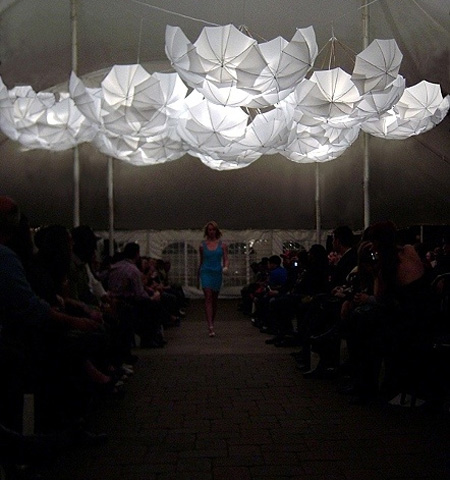
---Technical Development---
First researched and collected the necessary components:
One Strong Stepper Motor/ The Motors Driver/ A Universal Mounting Hub/
Arduino, Motor and Driver connected:
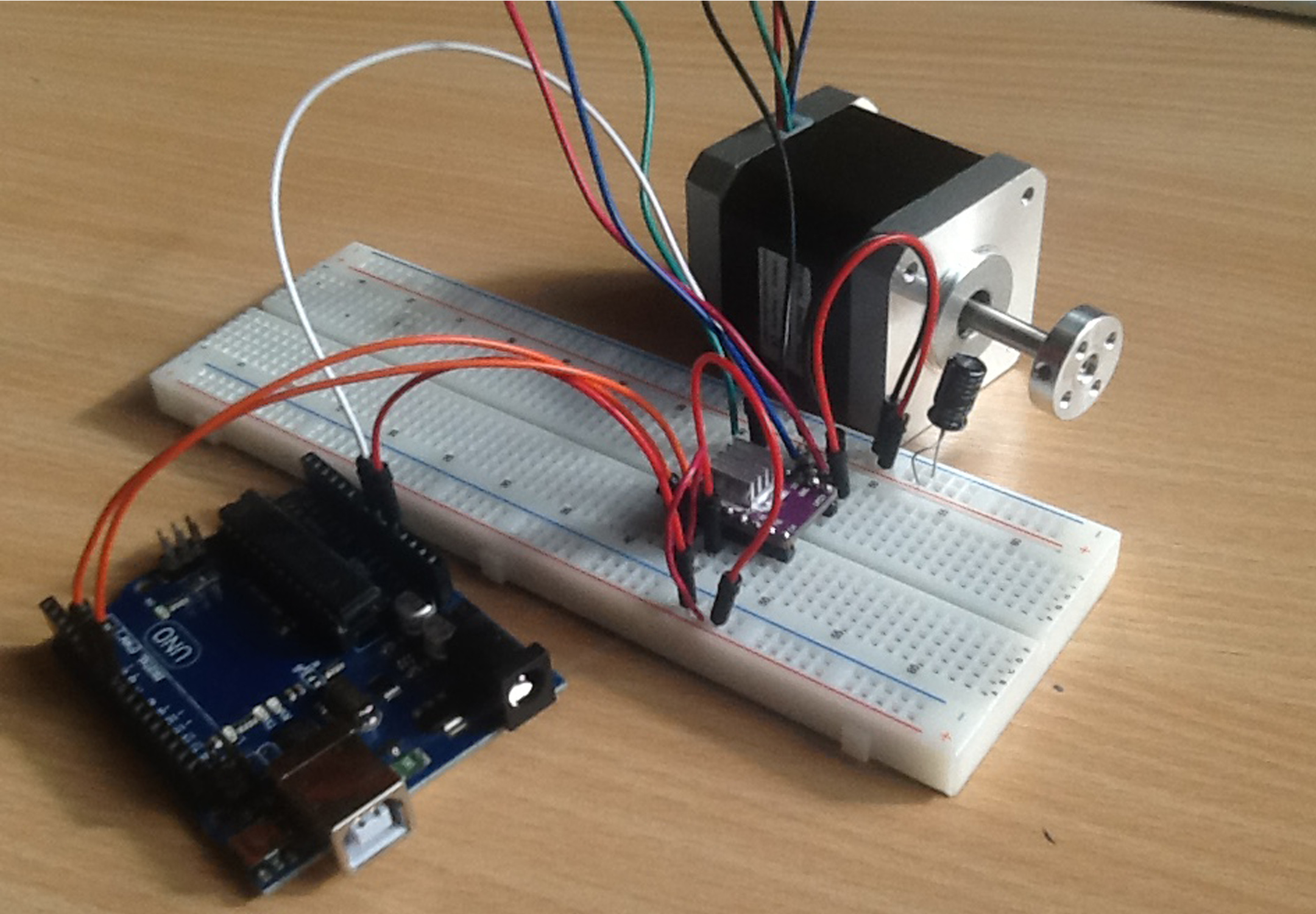
Considered a variety of mounting methods for the Motor and Umbrella:
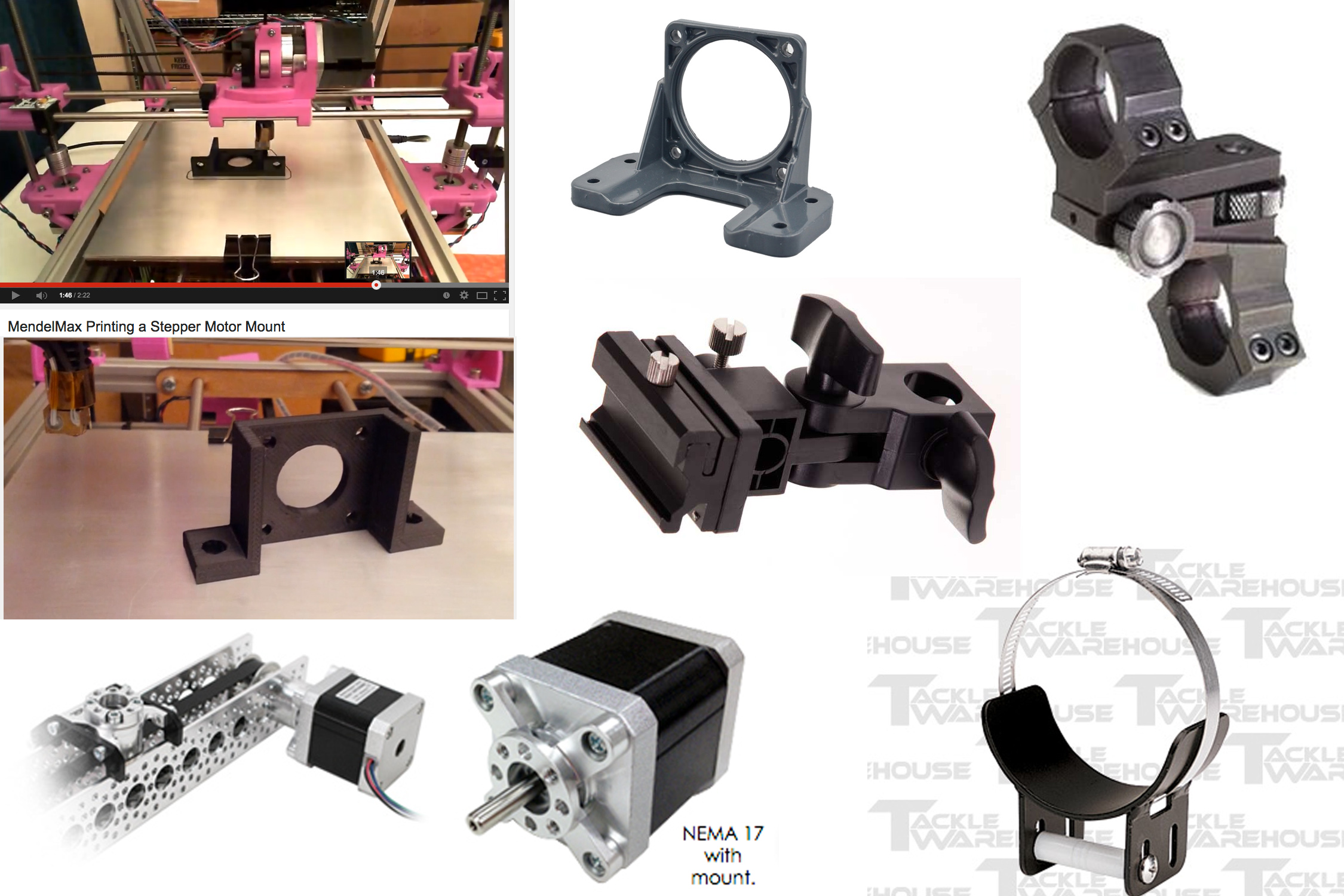
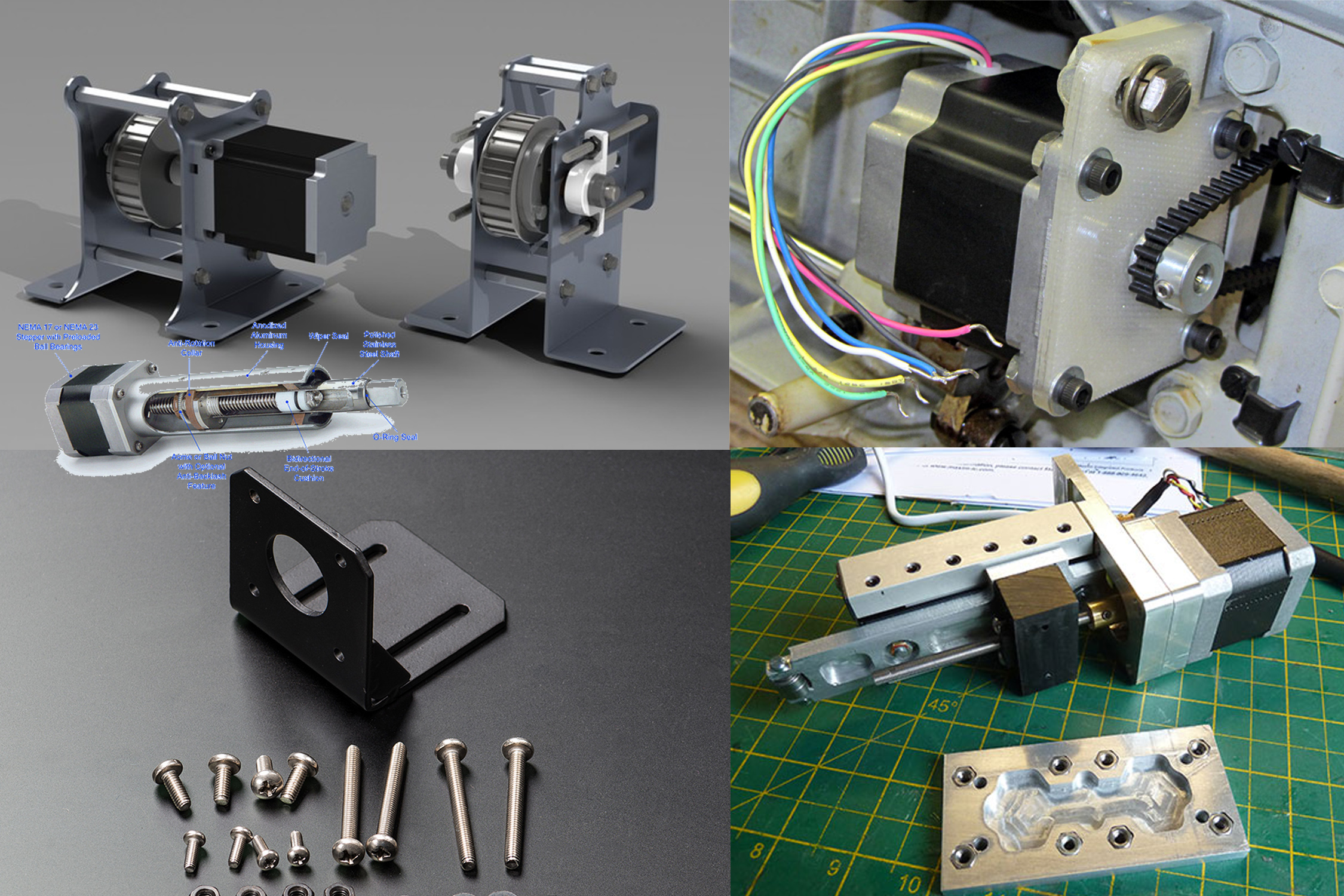
3D design of the the mounting for potential 3D Printing (using the Blender software):
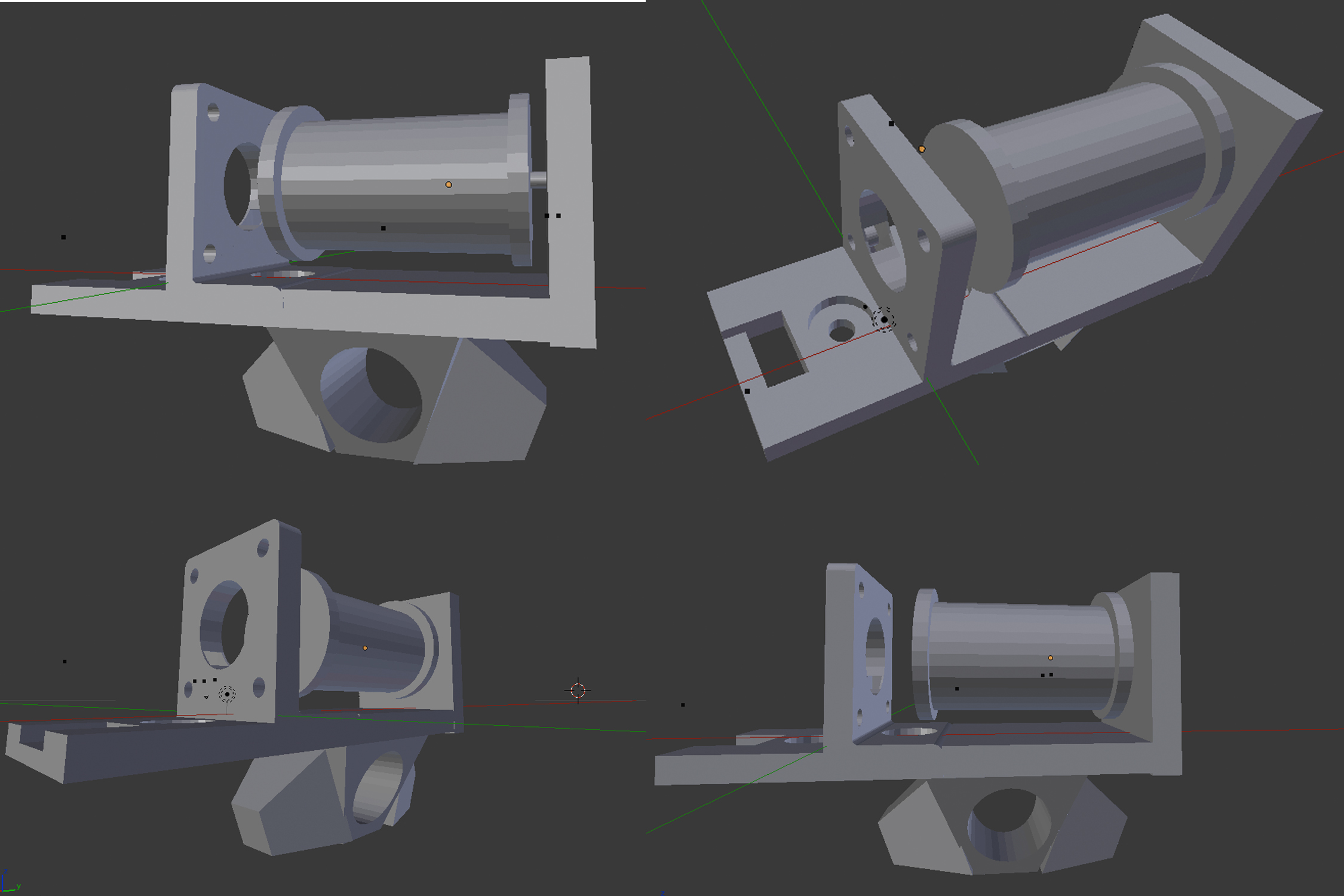
First attempt to use wood and Metal by hand to construct the above mechanism sketch is shown below in the images:
Above: the first Mechanism attached to the Umbrella.
Below: The circuit on the breadboard, DRV8825 Driver for the motor.
The breadboard can only take a limited current. So next step is to make a Custom PCB board.
I spent 2 weeks trying to create the new part (DRV8825) in Fritzig because it was not there. I was editing someone else's shared part, because theirs was incomplete. Long story short: I made it but it still didn't function correctly when trying to draw the connection traces.
So I aborted this design process and instead bought a Arduino Proto-shield to solder my circuit to.
Soldering the Protosheild:
Images of the general set-up while coding the breathing interaction:
Below: The Code for controlling the motor's speed and direction, via the 'breathing sensor. The Magnet sensor outputs a range of values, and here it basically operates in place of a Potentiometer.
int dirPin = 7; int stepPin = 8; long stepsToDo; long stepTime; int dir; long target; long curPos; void setup() {
Serial.begin(9600); pinMode(dirPin, OUTPUT); pinMode(stepPin, OUTPUT);
} void loop(){
target = analogRead(A2) * 20 ;
stepsToDo = target - curPos;
if (stepsToDo < 0) {
digitalWrite(dirPin,LOW);
dir = -1;
}
else {
digitalWrite(dirPin,HIGH);
dir = 1;
}
delayMicroseconds(stepTime + 10); //10 as minimum step Time
if (stepsToDo != 0) {
curPos = curPos + dir;
stepTime = 300000 / abs(stepsToDo);
digitalWrite(stepPin,!digitalRead(stepPin));
}
}
Here is a short video of the First Functioning moment. I am using a Potentiometer to control the Umbrella. Later this will be replaced by the Breathing Sensor.
https://www.youtube.com/embed/Sn_Zn28_QuY
Breathing Sensor Version 1:
Above: Magnet sensor and a magnet attached to a latex glove, which you strap around your upper rib cage (Chest). when your Chest contracts and expends, the magnet is moved closer and further from the sensor, creating a changing value. This is used to control the Umbrella. The Arduino code for this is above.
Circuit:
Next: Exploring different fabrics for connecting the two Umbrellas.
---LATEX----
I bought a strip of thera band (Normally used for exercise). I chose the type with least resistance, so that the umbrellas are not stressed too much. I sewed it to the Umbrella to test the durability.
The testing revealed that it breaks down, because the sewing produced holes in the latex, so it very rapidly rips off from its fixing. This is not going to work with latex.
Alternative Umbrella arrangements:
Next: BUNGE CORD.
At €1.20 per meter, I bought 12 meters. This didn't cover the whole Umbrella, only 30percent.
Weimar graffiti:
Second Mechanism:
Second Circuit protoshield:
NEW Circuit diagram in two-point perspective:
Umbrellas together:
4. Build and improve both breathing sensors..
5. Find another fabric to connect the two umbrellas. 6. Sew 7. Design installation fixtures: vertical or horizontal. Consider how this mirrors the relation between the two users.
8. Set-up, test and film.
